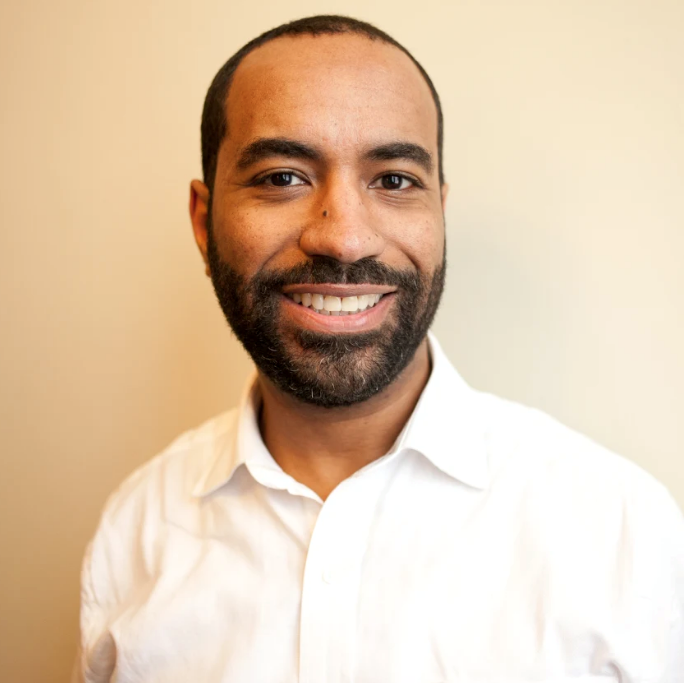Like a Homecoming: Report from a SIP Training
 Sometimes you don't know what you need until you receive it. ACPE's 30-hour Spiritually Integrated Psychotherapy (SIP) training was such for me. It felt like a homecoming, and it increased my sense of congruence, confidence, and commitment to my calling.
Sometimes you don't know what you need until you receive it. ACPE's 30-hour Spiritually Integrated Psychotherapy (SIP) training was such for me. It felt like a homecoming, and it increased my sense of congruence, confidence, and commitment to my calling.
I have been interested in spiritually integrated psychotherapy for a while. I felt a call to ministry in my twenties. I truly wanted to help folks with their spiritual formation, especially after having very positive experiences with faith in my early adult development. It became clear at seminary that pulpit ministry was not my calling. I sensed a call to work with people on a more individual level. Several classes at seminary further whetted my appetite for pastoral counseling.
Ultimately, I began studying for a graduate degree in pastoral counseling at the Institute of Pastoral Studies at Loyola University in Chicago. This seemed to be the perfect marriage of clinical and religious matters. My time there was inspiring, and my sense of call increased. The training was superb, and the peer support that I received was unparalleled. After graduating, though, my story began to change. Life's vicissitudes, along with a lack of engagement with like-minded peers committed to equally spiritually integrated work, slowly eroded my sense of commitment to engage with spirituality in a consistent, meaningful way in my practice.
I needed a framework that resonated personally. It needed to make room for my evolving spirituality. Instead, I found resources that felt too limiting, namely, curricula in biblical and Christian counseling. I wondered how those resources might work with people with non-traditional notions of spirituality. So I faltered. I leaned on a hodge-podge of training materials from my graduate program counseling and online resources. Slowly but surely, as a private practitioner paneled with insurance companies, I began to assimilate into the medical model. This never felt right to me; it was not congruent with my sense of calling or preferred mode of working with people.
I toyed around with the idea of joining what was then called the American Association of Pastoral Counseling. I sensed that the training and community I was looking for would be found there. I finally joined after the AAPC merged with ACPE. I discovered that they would be offering resources for therapists like myself. The training in Spiritually Integrated Psychotherapy piqued my interest.
There, amid a pandemic, I found a community of people with a shared commitment to spiritual integration. The leaders, Ayo and Russell, were warm and supportive. They presented ideas congruent with my own understanding of spirituality. Similarly, I realized that defining spirituality as "ways of relating to the sacred" provided the hope that I needed. In my private practice, not everyone is interested in discussing spiritual issues. However, spiritual themes related to making meaning, understanding purpose, making amends, and forgiving others or finding peace factor significantly into our work. The program's focus on exploring issues at the heart of the matter is similar in this way. The tools I received increased my confidence in providing sound, spiritually integrated psychotherapy.
Moreover, as the training emphasizes the therapist's spirituality, I had to reflect on my own spirituality. While I have been steeped in the Judeo-Christian tradition, about ten years ago, amid my struggles, I began practicing yoga and mindfulness meditation. I revisited Taoist texts I encountered in my first therapy experience. Each of these spiritual resources has been extraordinarily helpful. The SIP training affirmed my evolving spirituality and instilled confidence for spiritually integrated counseling work that had been deficient. So many of my current, past, and prospective clients use resources extant to the church. In my opinion, this sort of exploration is an undeniable reality and deserves voice and support. However, if one has difficulty expressing and affirming the unorthodox in themselves, it will be challenging to appreciate it in others. The training and community of peers blessed me in this way. Now that I can name and own my spirituality, I can make room for people's various belief systems.
I look forward to the rich experience of consultation as I pursue the SIP certification track. I have no doubt that I will be enriched and strengthened by this unique community of peers.
ACPE Practitioner Robert Stanford, MA, is a Licensed Clinical Professional Counselor in Chicago, Illinois. He can be reached at rstanford@waterbrooktherapy.com
